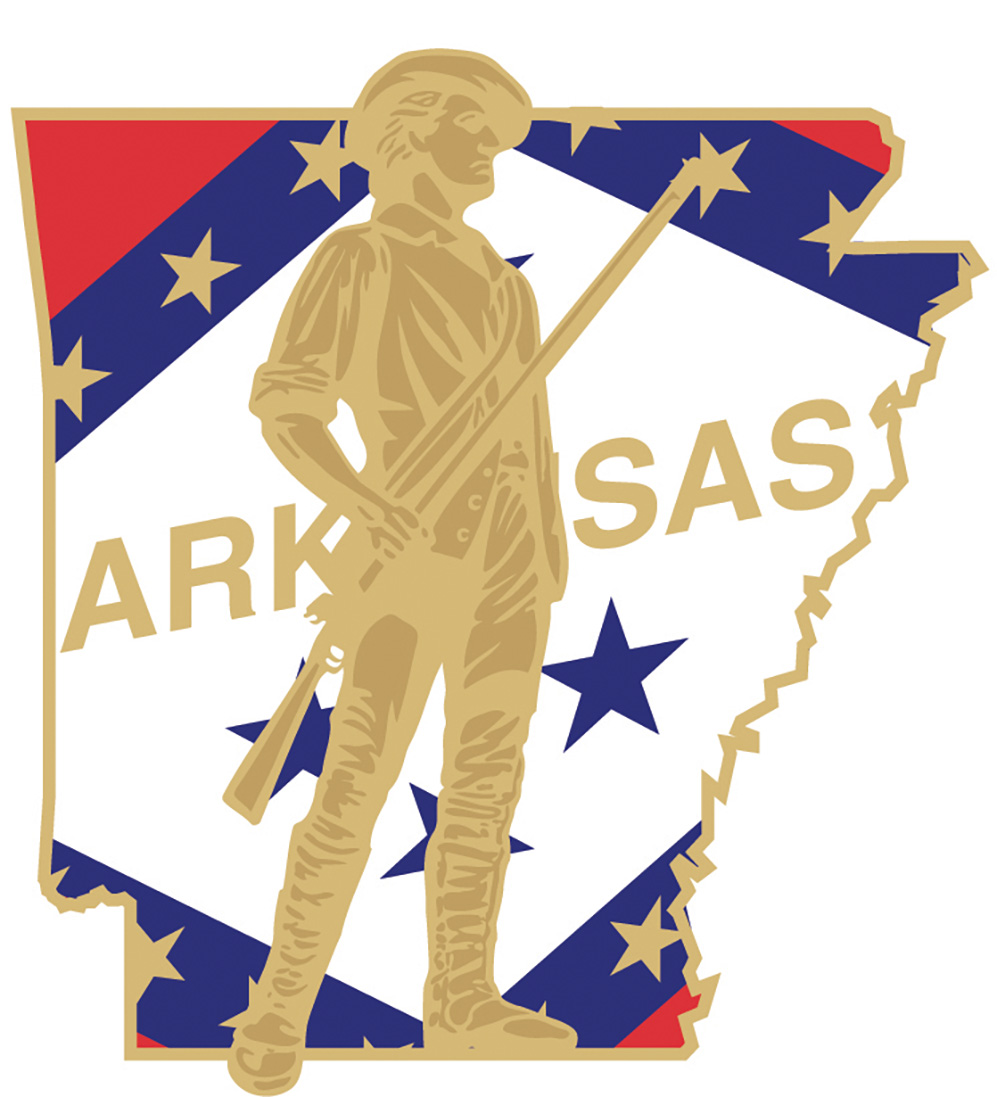Military
Chem Officer National Guard Role

Introduction to the Chemical Officer Role in the National Guard

The National Guard is a unique entity that serves both state and federal roles, providing support during natural disasters, civil disturbances, and military operations. Within the National Guard, there are various specialized roles that contribute to its effectiveness, one of which is the Chemical Officer. This role is crucial in protecting troops and civilians from chemical, biological, radiological, and nuclear (CBRN) threats. In this blog post, we will delve into the responsibilities, requirements, and significance of the Chemical Officer in the National Guard.
Responsibilities of a Chemical Officer

A Chemical Officer in the National Guard is responsible for a wide range of tasks aimed at mitigating the effects of CBRN agents. Some of the key responsibilities include: - CBRN Defense: Planning and executing defensive measures against chemical, biological, radiological, and nuclear threats. - Hazardous Material Response: Coordinating responses to hazardous material incidents, ensuring the safety of both troops and civilians. - Training and Education: Providing training and educational programs to enhance the awareness and preparedness of National Guard units regarding CBRN threats. - Operational Planning: Participating in operational planning to integrate CBRN defense into overall mission strategies. - Equipment Maintenance: Overseeing the maintenance and operation of CBRN defense equipment, ensuring readiness at all times.
Requirements for Becoming a Chemical Officer

To become a Chemical Officer in the National Guard, one must meet specific eligibility criteria and undergo specialized training. The requirements include: - Educational Background: Typically, a bachelor’s degree in a relevant field such as chemistry, biology, or a related science. - Officer Candidate School (OCS): Completion of OCS to become a commissioned officer. - Chemical Officer Basic Course: Attendance at the Chemical Officer Basic Course to gain specialized knowledge in CBRN defense. - Physical Fitness: Meeting the physical fitness standards of the National Guard. - Security Clearance: Obtaining a security clearance due to the sensitive nature of the role.
Significance of the Chemical Officer Role

The Chemical Officer plays a vital role in ensuring the safety and readiness of National Guard units. This role is significant for several reasons: - Protection Against Emerging Threats: Chemical Officers are at the forefront of defending against CBRN threats, which are becoming increasingly sophisticated. - Enhanced Operational Capability: By mitigating CBRN risks, Chemical Officers contribute to the overall operational effectiveness of the National Guard. - Support to Civil Authorities: In the event of a domestic CBRN incident, Chemical Officers can provide critical support to civil authorities, enhancing response capabilities.
Training and Career Development

Chemical Officers in the National Guard undergo continuous training and career development to stay abreast of the latest CBRN threats and technologies. This includes: - Advanced Courses: Participation in advanced courses that focus on specialized aspects of CBRN defense. - Leadership Roles: Opportunities to take on leadership roles, guiding teams of soldiers in CBRN defense operations. - Certifications and Specializations: Pursuing certifications or specializations in areas such as hazardous material management or emergency response.
💡 Note: The specific training and career development paths can vary based on individual performance, unit needs, and National Guard policies.
Conclusion

In summary, the Chemical Officer role in the National Guard is instrumental in safeguarding against CBRN threats, both domestically and internationally. Through their expertise and dedication, Chemical Officers enhance the readiness and operational capability of the National Guard, making a significant contribution to national security and public safety. Whether through planning, training, or operational execution, the work of Chemical Officers is critical to the success of the National Guard’s mission.
What are the primary responsibilities of a Chemical Officer in the National Guard?

+
The primary responsibilities include CBRN defense, hazardous material response, training and education, operational planning, and equipment maintenance.
What are the educational requirements for becoming a Chemical Officer?

+
Typically, a bachelor’s degree in a relevant field such as chemistry, biology, or a related science is required.
Why is the Chemical Officer role significant in the National Guard?

+
The Chemical Officer role is significant because it ensures the safety and readiness of National Guard units against CBRN threats, contributing to overall operational effectiveness and national security.



